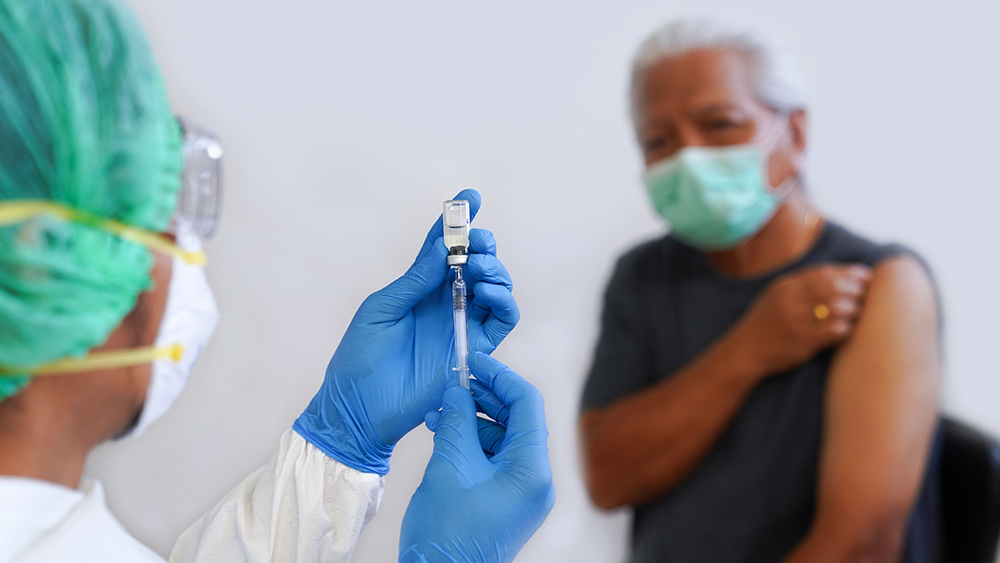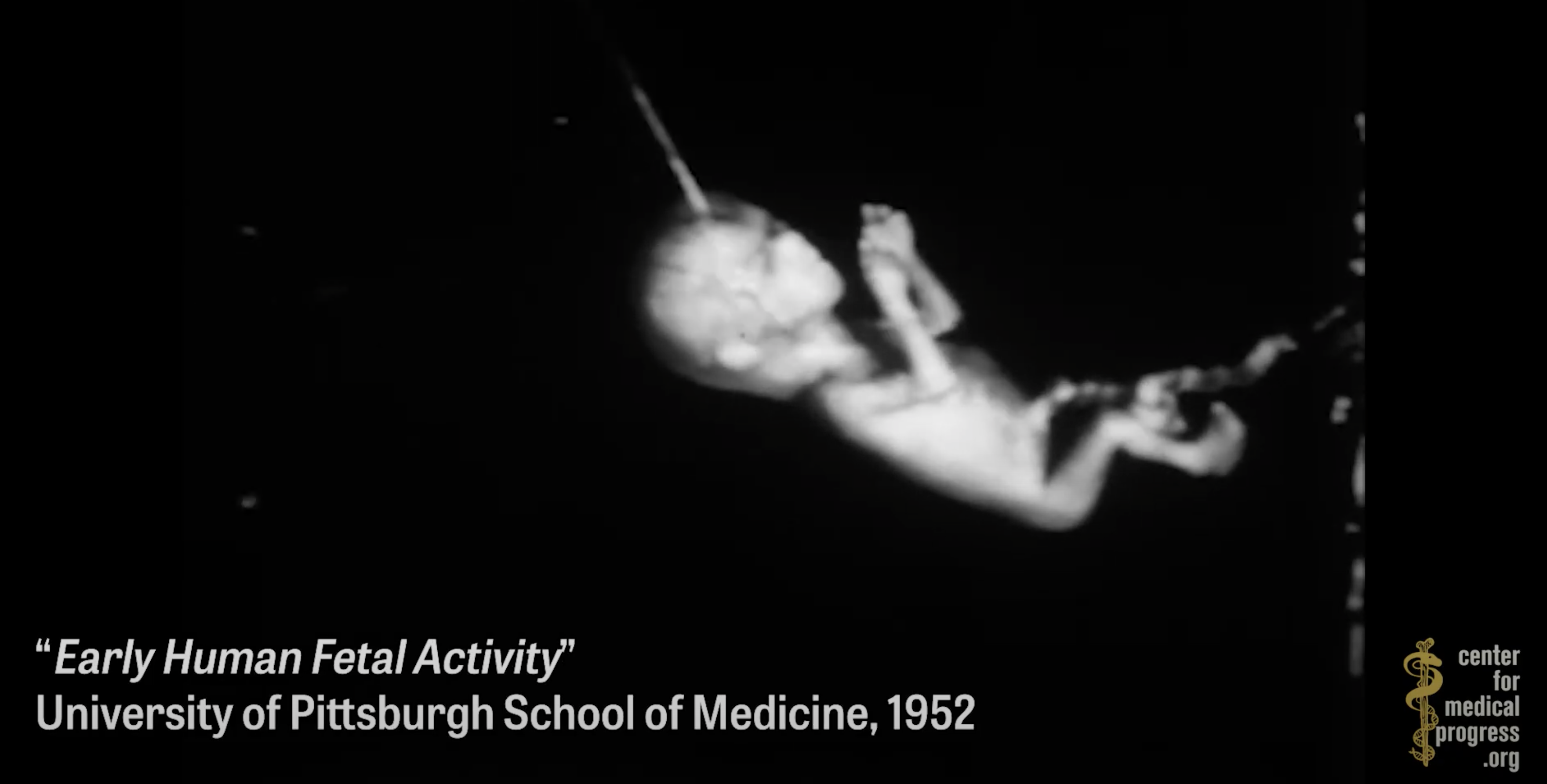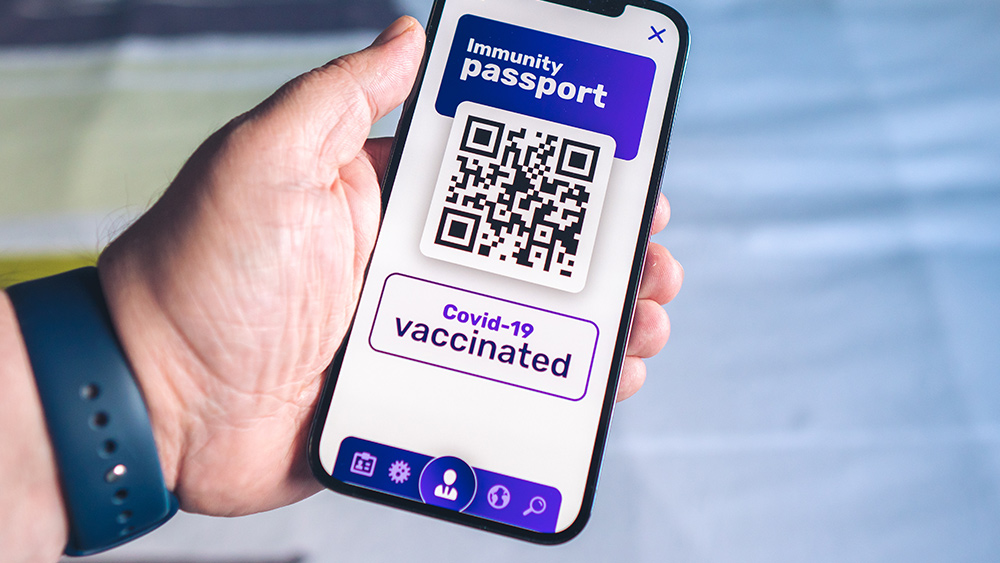Did Fauci knowingly fast-track approval of drug with deadly COVID-like side effects?
08/09/2021 / By News Editors

(LifeSiteNews) – Anthony Fauci must have known that the experimental drug remdesivir had been shelved in 2018 because of its high death rate and serious side-effects when he fast-tracked it as the “standard of care” treatment for COVID-19 early in the pandemic, according to reports cited by a Texas chiropractor.
(Article by Celeste McGovern republished from LifeSiteNews.com)
Remdesivir was one of four drugs in a clinical trial for Ebola in 2018 and was dropped from the study before it was over, after a safety review revealed that it had the highest death rate of the drugs being tested, Bryan Ardis said in a videotaped interview by an international legal group that is investigating human rights violations by governments during the COVID-19 pandemic.
The Ebola clinical trial was sponsored by the National Institute of Allergy and Infectious Diseases (NIAID), of which Fauci is director. As one of then-President Trump’s chief medical advisers on COVID-19, he must have known that remdesivir had a 50% death rate, compared to 35% of two other drugs in the trial – and that serious side-effects, including at least one death, led to the drug being pulled and research on it abandoned.
“Did Anthony Fauci know about remdesivir’s death rate? Oh, you better believe it. And now he was going to push this on the masses,” Ardis told the Corona Investigative Committee, organized by German-American lawyer Reiner Fuellmich who specializes in the prosecution of fraudulent global corporations.
Ardis said that Fauci cited only the Ebola trial and a study from remdesivir’s manufacturer, Gilead Sciences Inc., on just 53 COVID-19 patients, when he chose it as the leading contender to fight the pandemic virus.
Gilead’s “cohort study” conducted for “compassionate use” on patients with COVID-19 was only 28 days long. It reported that of 61 patients treated with the drug, eight were excluded for missing information, 32 (60%) of 53 remaining patients reported adverse events including increased liver enzymes, diarrhea, rash, and kidney function impairment. Twelve patients (23%) had “serious” adverse events including multiple-organ-dysfunction syndrome, septic shock, acute kidney injury, and hypotension (low blood pressure).
Side-effects or symptoms?
Each of these symptoms – multi-organ failure, septic shock, acute kidney injury and hypotension – are described in medical literature as features of COVID-19 itself.
Ardis said that many baffling symptoms that doctors began attributing to SARS-Co-V2, the virus that causes COVID-19, early in the pandemic were in fact side-effects of the remdesivir used to treat it.
Fauci “knew it for two years before he mandated this drug that it was deadly,” Ardis said. “I call it Fauci’s genocide.”
Wolfgang Wodarg, a physician, politician, and former head of the public health department in Flensburg, Germany, agreed with Ardis that remdesivir is “very toxic” and was misused for an uncertain diagnosis based on a PCR test that is now in question.
He said that many treatments including remdesivir, ventilators, and extremely high doses of hydroxychloroquine were used inappropriately early in the pandemic “panic” and produced “victims we could be afraid of.”
“They said, ‘This is COVID-19. They all die.’ But they killed them. I think this is something like genocide,” Wodarg agreed.
Curious rise
Remdisivir’s rise to the top of COVID-19 therapeutics is marked by many odd favors and chances. Just two days after SARS-Co-V2 was declared the cause of COVID-19 on January 8, researchers from Gilead, the University of North Carolina, and Vanderbilt University published a study reporting that remdesivir could inhibit the related MERS coronavirus in both test tubes and mice.
Two weeks later, doctors treated the first confirmed patient with COVID-19 in the United States with remdesivir – which had never been authorized for any condition. They published in the New England Journal of Medicine that the 35-year-old patient survived. At the time, it was reported as a triumph for the drug, but current Centers for Disease Control and Prevention (CDC) data on the COVID-19 infection fatality rate in 35-year-olds is 0.0005 or 0.05%. The man had a 99.5% chance of surviving his infection in any case.
The National Institutes of Health (NIH) announced on April 29 that an interim analysis from a large-scale, placebo-controlled clinical trial found that remdesivir reduced the median time that severely ill, hospitalized COVID-19 patients took to recover from 15 days to 11 days. There was no statistically significant impact on mortality.
“This will be the standard of care,” Fauci said, announcing the findings to reporters. “When you know a drug works, you have to let people in the placebo group know so they can take it.”
“What it has proven is a drug can block this virus,” he said.
Remarkably, based on the slender data, the NIAID (which is a division of NIH) made the “secretive and bureaucratic” decision to give the placebo group in the study remdesivir, effectively ending any study of differences between the two groups.
Mixed results
Fauci didn’t mention to the public the results of a smaller placebo-controlled study of remdesivir on hospitalized COVID-19 patients in China, published on the same day in The Lancet. The study reported no statistically significant benefit from the drug, which did not reduce viral load of infections, either.
Two days later, the Food and Drug Administration (FDA) also failed to cite the Chinese data when it granted remdesivir – brand named Veklury – Emergency Use Authorization (EUA) status, awaiting formal approval. Then-President Donald Trump held a press conference in the Oval Office with Gilead CEO Daniel O’Day celebrating the EUA for the drug, which he described as the “hot thing” in the media.
Gilead soon announced its price tags for the drug in June: $2,340 for a five-day treatment course in developing nations and $3,120 in the U.S.
By the end of the month, then-Department of Health and Human Services Secretary Alex Azar said in a statement that Trump had “struck an amazing deal” to buy the drug at the lower rate and bought up all of the available remdesivir stock for American use only.
U.S leads deaths
It was during this time that America suffered the highest death rate from COVID-19 in the globe, Ardis told the Corona Investigative Committee.
“Before May 10, the United States had a lower coronavirus death rate than other high-mortality countries, but after that date, all six of the other high-mortality countries (Belgium, France, the Netherlands, Spain, Sweden, and the United Kingdom) had lower death rates than the United States,” according to an October 2020 report from the Center for Infectious Disease Research and Policy (CIDRAP).
‘Very, very bad look for the FDA’
Many scientists were baffled by the meteoric rise of remdesivir, which showed weak benefits at best. In October, just before the FDA granted the drug final approval, a World Health Organization study found the drug didn’t decrease mortality or hospital stays.
An article in Science noted that the drug was approved in “unusual” circumstances that gave Gilead advantages. No outside experts were consulted as was usual for the process, for example.
The WHO data were ignored and Gilead failed to report the dismal findings – even though it knew about them – to the European Union as it negotiated prices a week before the study was publicized.
“This is a very, very bad look for the FDA, and the dealings between Gilead and EU make it another layer of badness,” Eric Topol, a cardiologist at the Scripps Research Translational Institute who objected to remdesivir’s FDA approval, told Science.
Bad look and mixed trial results aside, Gilead has been a big winner in the COVID-19 pandemic, hauling in record-breaking profits. Last week, the drug company reported its second-quarter 2021 revenue of $6.2 billion increased 21% compared to the same period in 2020, “primarily due to Veklury® (remdesivir).”
Longer hospital stays
Scientists and studies continue to back-and-forth over Veklury’s benefits and reported serious side-effects, including kidney and liver failure, even as the drug’s use has expanded to pregnant women and minors.
Dozens of clinical trials of remdesivir are still underway.
A number of case reports describe remdesivir side-effects.
One published in February describes a 36-year-old hospitalized COVID patient who developed a slow heartbeat after taking the drug and recovered when it was discontinued. “Considering the frequent use of remdesivir in patients with COVID-19, physicians should be aware of this possible adverse event,” the researchers concluded.
Another case report describes a 64-year-old whose remdesivir treatment for COVID-19 was stopped with evidence of liver injury from the drug.
A meta-analysis of nine of 680 published studies on the drug’s use in COVID-19 published in January reported that it decreased mortality.
But a study published last month in the Journal of the American Medical Association, Infectious Diseases reported that remdesivir use in U.S. veterans hospitalized with COVID-19 was not associated with improved survival but was associated with longer hospital stays.
Read more at: LifeSiteNews.com and DangerousMedicine.com.
Tagged Under: Anthony Fauci, Big Pharma, conspiracy, covid-19, death, deception, FDA, lies, pandemic, pharmaceutical fraud, remdesivir, traitors



















